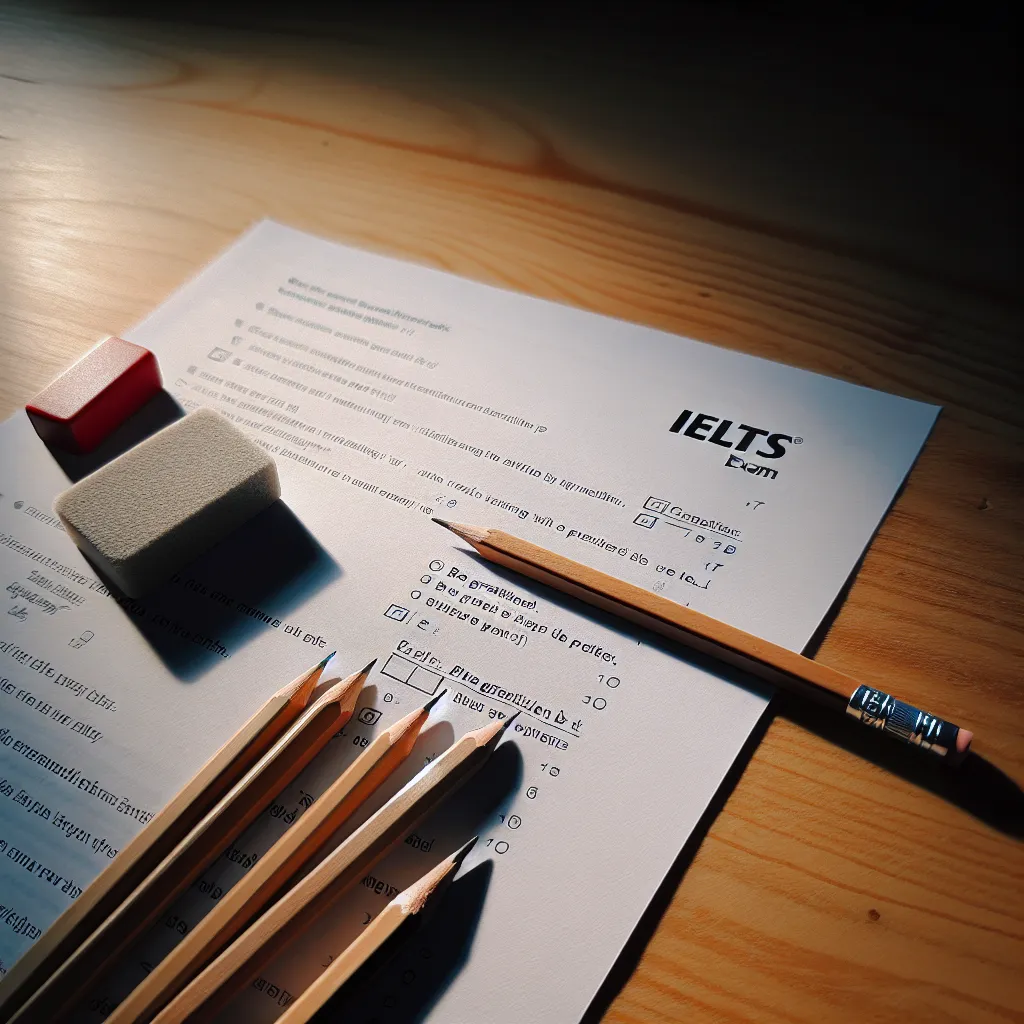The expression “be gratified by + noun/gerund” is a sophisticated grammatical structure that can significantly enhance your IELTS score when used correctly. This phrase conveys a sense of satisfaction or pleasure derived from an action or thing. Understanding its proper usage and application in various IELTS tasks is crucial for achieving a high band score.
Understanding the Structure and Its Significance in IELTS
The structure “be gratified by + noun/gerund” consists of three main components:
- The verb “be” in its appropriate tense
- The adjective “gratified”
- The preposition “by” followed by a noun or gerund
This expression appears frequently in IELTS reading passages and can be effectively utilized in writing and speaking tasks to demonstrate advanced language proficiency.

Examples in Context
- “Scientists were gratified by the results of their groundbreaking experiment.”
- “The charity organization is gratified by the generous donations received from the public.”
- “Students will be gratified by seeing their hard work pay off in improved test scores.”
- “The author was gratified by knowing her book had positively impacted readers’ lives.”
- “Environmentalists are gratified by the increasing awareness of climate change issues.”
In each of these examples, the structure effectively conveys a sense of satisfaction or pleasure resulting from an action or circumstance.
Grammar and Usage Analysis
Formula and Grammatical Structure
The basic formula for this structure is:
[Subject] + [be (in appropriate tense)] + gratified + by + [noun/gerund]
It’s important to note that the noun or gerund following “by” represents the source of gratification. The tense of “be” can vary depending on the context of the sentence.
Application in IELTS Writing
In IELTS Writing Task 2, using this structure can help you achieve a higher band score by demonstrating complex grammar usage. For example:
“Many people are gratified by the progress made in renewable energy technologies. This satisfaction stems from the potential these advancements have in combating climate change.”
Here, the structure is used to introduce a topic sentence, setting a sophisticated tone for the paragraph.
Incorporating into IELTS Speaking
For the IELTS Speaking test, you can use this phrase to express personal opinions or describe experiences:
“I was greatly gratified by receiving recognition for my volunteer work. It made me feel that my efforts had truly made a difference in the community.”
This usage showcases your ability to use advanced vocabulary and complex structures in spontaneous speech.
Advanced Usage and Band Score Improvement
To aim for a band score of 7 or above, it’s crucial to use this structure accurately and in context. Compare these examples:
Band 6: “I was happy about getting a good grade.”
Band 7+: “I was gratified by achieving a high grade, which reflected my dedication to my studies.”
The latter example demonstrates a more sophisticated use of language, typical of higher band scores.
Common Mistakes and How to Avoid Them
-
Incorrect preposition: “be gratified with” instead of “by”
Correct: The team was gratified by their success.
Incorrect: The team was gratified with their success. -
Using the wrong form after “by”
Correct: She was gratified by knowing her work made a difference.
Incorrect: She was gratified by know her work made a difference. -
Overuse or forced usage
Avoid using this structure too frequently in your writing or speaking. It should be used naturally and appropriately to enhance your language, not to show off. -
Mixing up similar phrases
Be careful not to confuse “be gratified by” with phrases like “be satisfied with” or “be pleased by.” While similar, they have subtle differences in usage and connotation. -
Incorrect tense agreement
Ensure that the tense of “be” agrees with the overall tense of your sentence.
Correct: The researchers will be gratified by discovering a new species.
Incorrect: The researchers will be gratified by discovered a new species.
Conclusion
Mastering the use of “be gratified by + noun/gerund” can significantly enhance your performance in the IELTS exam. This structure allows you to express satisfaction or pleasure in a sophisticated manner, which is particularly valuable in Writing Task 2 and the Speaking test. Remember to use it naturally and in appropriate contexts to maximize its impact on your band score.
To further improve your skills, practice incorporating this structure into responses for various IELTS topics such as environmental issues, technological advancements, or personal achievements. By doing so, you’ll not only become more comfortable with its usage but also develop a more nuanced and articulate way of expressing your ideas in English.